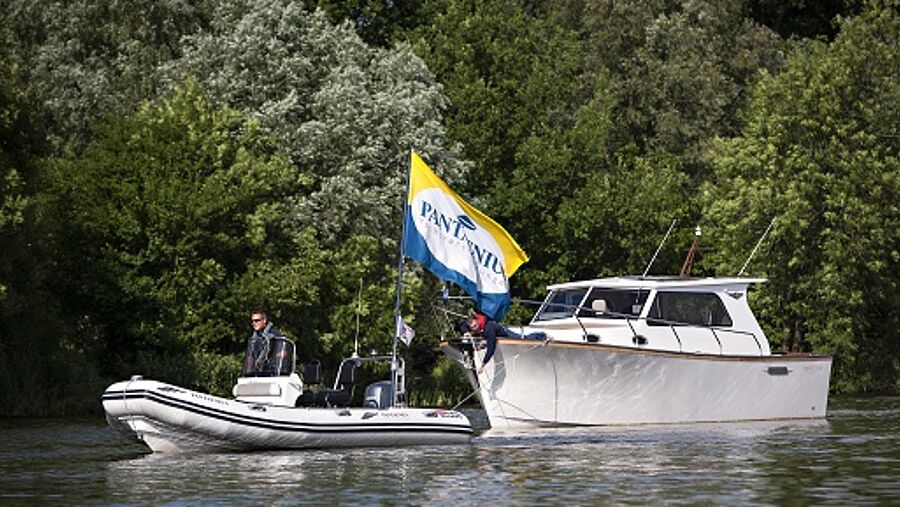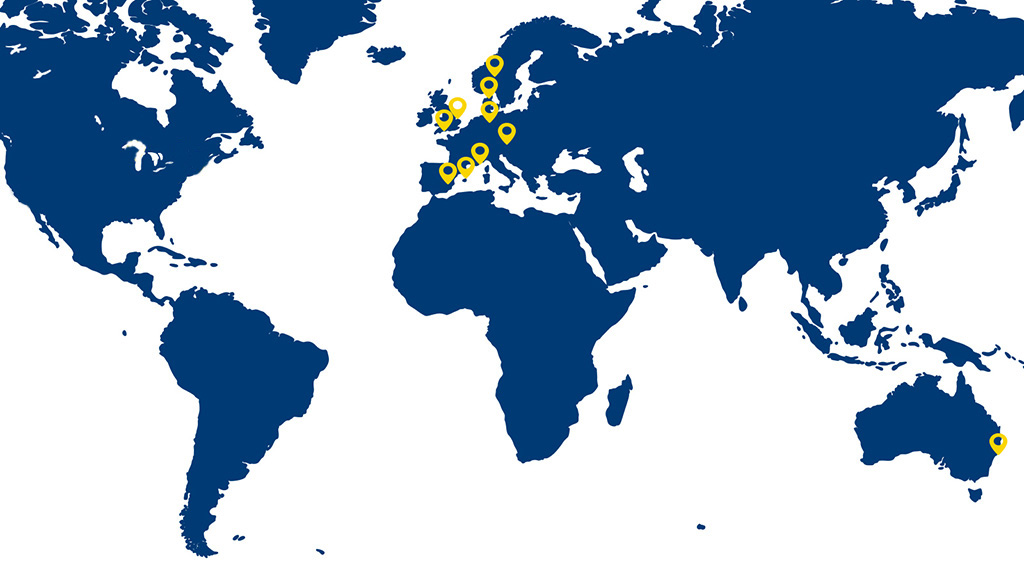On the long leash
If the engine goes on strike, sailors are dependent on towing assistance. The Pantaenius experts will explain how to tow properly or have your vessel towed without the spontaneous help having a more negative effect. A sailing ship is there to sail, one might think. But even thoroughbred sailors are grateful in many situations for their "jockel" - be it when approaching a port or on a canal trip in calm weather. If the engine gives up the ghost in these situations - for example, if you head for a port with a lot of wind and waves - in the worst case a quick towing aid is necessary.

The difference between a "tow" and a "salvage" operation
Where exactly towing stops and recovery begins cannot be accurately marked out. "As always in life, black and white are rare," says Holger Flindt of Pantaenius. "Towing assistance should be provided, for example, to the sailor who sails with a non-functioning engine to a port and then lets himself be towed in. This ship is clearly not in danger and there is no danger. However, salvage is about rescuing the ship from an immediate danger. For example, a motor yacht with a non-functioning engine drifting towards a rocky coast is in danger, even if no grounding or similar event has occurred by then."
Salvage pay
If the crew of a 15er dinghy cruiser can be towed into the harbour by a larger ship or one sailor can tow the other one away from a sandbank, then a "thank you" is often sufficient as a reward for the helper. But beware: a salvage can be expensive, because anyone who helps someone else out of an emergency situation is basically entitled to a salvage payment. This can amount to up to 100 per cent of the ship's value and is measured according to numerous criteria such as the sum of the saved values, the effort of the rescuer and his own danger, the weather and regional conditions as well as the precise recovery measures. In the worst case, the ship can even be put on the chain to ensure payment! In this case, unfortunately, it is often necessary to provide guarantees in order to get the yacht out of the chain before the negotiations are concluded. The negotiations about the final salvage, often before a local court, can take months and even years.
Behaviour in case of salvage
“We strongly advise against negotiating a salvage wage yourself," says Holger Flindt of Pantaenius. "Don't talk about concrete sums or ship values and don't sign any agreements." He recommends contacting the insurer as soon as possible and leaving the negotiations to them. If the assisting owner insists on an agreement, you should refer to the internationally valid, open contract "Lloyds Open Form" (LOF). The LOF, based on "no cure - no pay", also includes an arbitration agreement which provides greater legal certainty for later disputes.
Safe Towing
A floating tow line, adapted to suit the weight of the yacht, should be available on every ship. This line should be as flexible as possible to absorb peak loads. The longer the line, the higher the suspension travel. In order to protect the hull structure of the boat from damage, the tow line should not be attached to a single cleat. To distribute the load, a cockpot can be used, for example, which occupies both bow cleats and to which the tow line is attached. For dinghies, the towing line can also be attached to the mast. If there is a swell during towing, the line length must be at least one wave period and both boats must steer the wave up or down at the same time.
